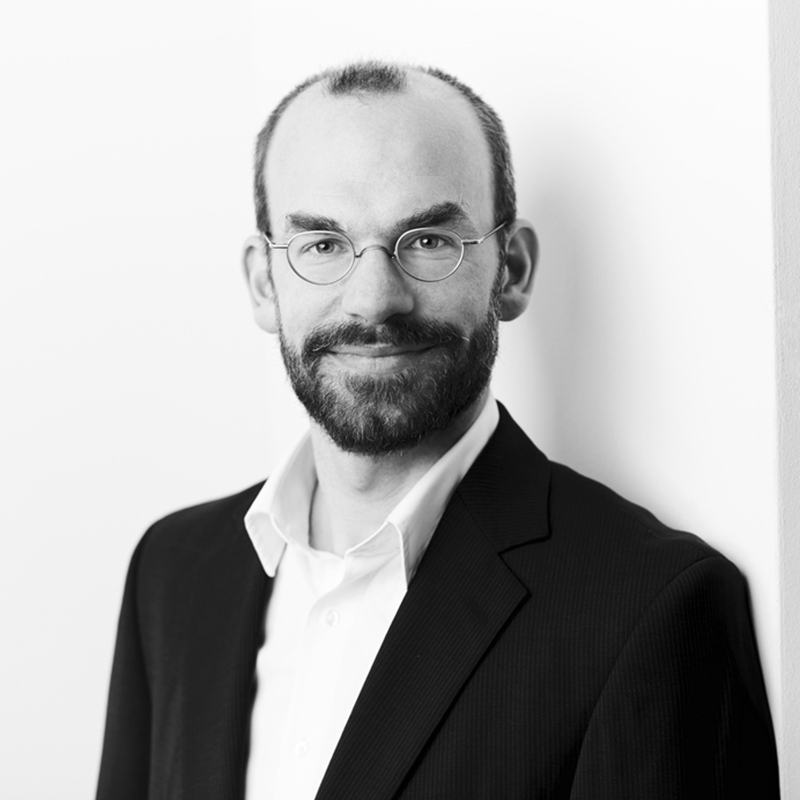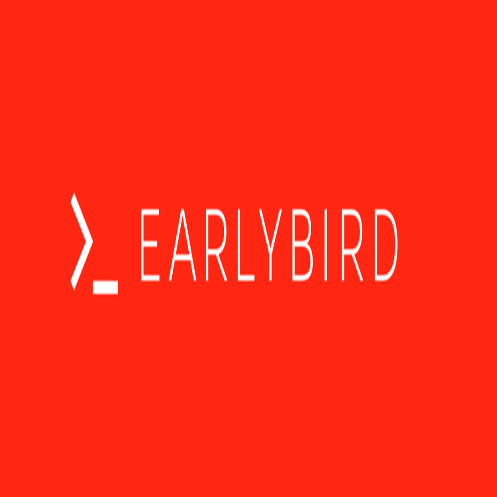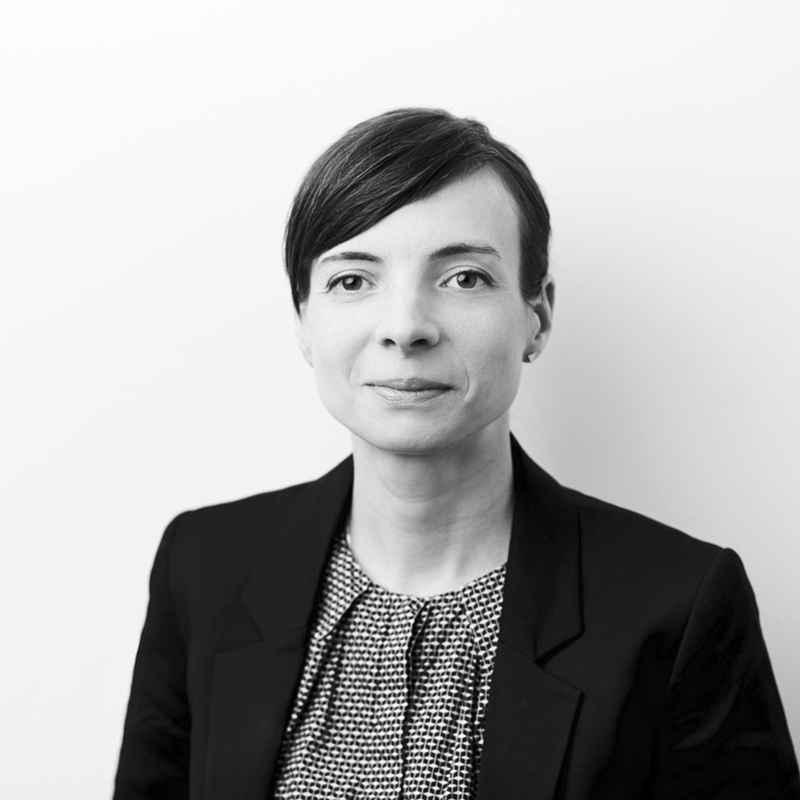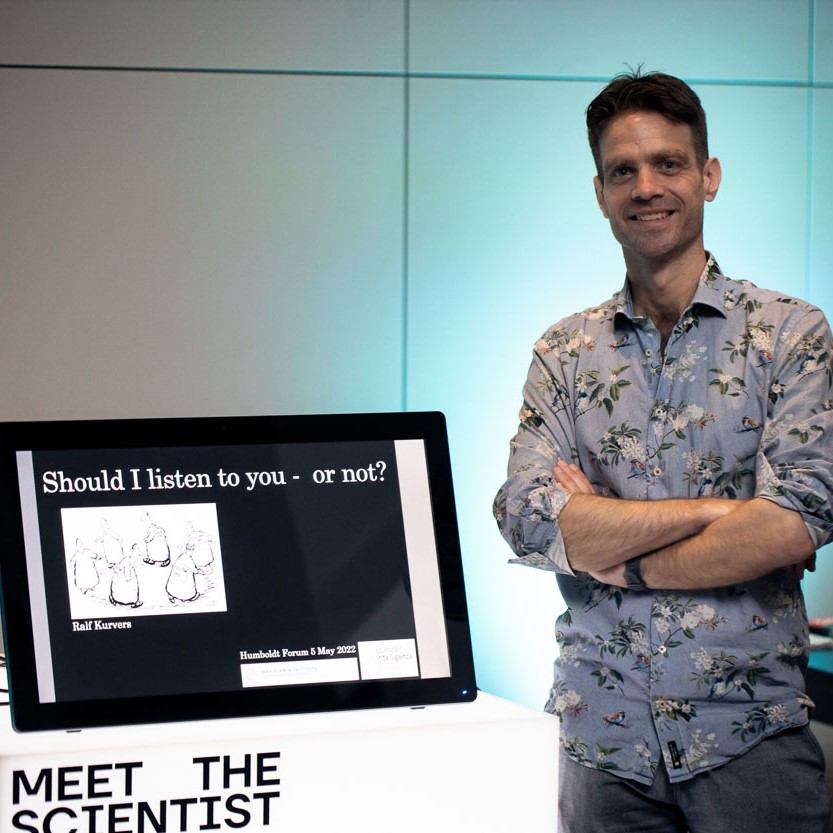Henning Sprekeler (Science of Intelligence), “Architectural Design Principles for Intelligence: Modularity vs. Integration”
On ZoomAbstract: The world is modular. So – intuitively – it seems clear that cognitive systems that deal with the world should benefit from a modular architecture. Simple or less important problems should use less cognitive resources than complex or important problems, which – intuitively – may be achieved by changing the degree of modularity that















